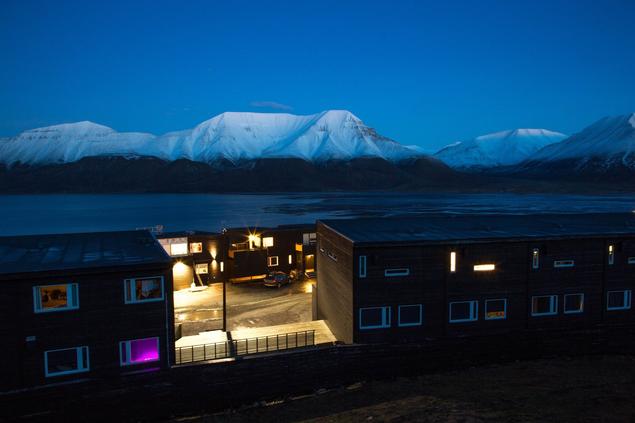The Arctic Council between science, management and policy

An FNI research team has taken a closer look at the most significant knowledge actor in the Arctic, the Arctic Council, which has for many years been the pivotal agenda-setter for knowledge development in the North.
Their analysis of the relationship between the production and systematisation of knowledge on Arctic issues and the Norwegian management system focuses on the state of knowledge, degree of political and economic controversy in the issue-area, the importance of the matter in public opinion and among policy makers, and management design
This article is published in the Norwegian journal Internasjonal Politikk. The authors here give a brief summary in English:
An arena for development of knowledge in the Arctic
To understand how international cooperation in the Arctic works, we need to understand the Arctic Council. All the Arctic states describe the Council as the most important international forum for dialogue and cooperation on Arctic challenges and opportunities, and as a significant arena for developing knowledge and learning about a changing region. The Arctic Council has been hailed for producing and synthesizing scientific findings and knowledge, and for its role in making the Arctic region more visible. However, knowledge of this forum, how it works, and its potential has remained limited and fragmented.
The link between science and policy
There is a comprehensive literature from the natural sciences and technological studies which originates from the work done in Arctic Council working groups, and a quite extensive social science literature on the Arctic Council. The social science literature, however, with some important exceptions, is often linked to larger questions like the role of the Council in Arctic governance, or is very case-specific, or offers recommendations on how to improve the work of the Council. What is needed is further analyses of the application of the Council’s work as linked to science production, recommendations, and decision- making and implementation. This could tell us something about the link between science and policy, and what works or not, and why. It could also tell us something about regional cooperation and how science is used. In our work, we discuss the use of science-based, policy-relevant assessments from the Arctic Council working groups.
How science travels
To obtain a more complete picture of how science travels we need to bring the state in. To what extent and under what conditions is knowledge and policies generated in the Arctic Council used in Arctic states. More specifically we analyse the relationship between the production and systematisation of knowledge on Arctic issues and the Norwegian environmental management system.
The article focuses on three of the Arctic Council’s working groups. 1) Arctic Monitoring and Assessment Programme (AMAP); 2) Conservation of Arctic Flora and Fauna (CAFF); and 3) Protection of Arctic Marine Environment (PAME).
The focus is on state of knowledge, degree of political and economic controversy in the issue area, the importance of the matter in public opinion and among policy makers, and management design. The conclusion is that Norway has actively used this knowledge but primarily in international negotiations, e.g. by nominating new persistent organic pollutants (POPs) to the Stockholm Convention and via its work in the International Maritime Organization (IMO).
In these issue areas Norwegian environmental legislation is often more developed than in other states and thus Norway can use this knowledge to address their concerns about the future of the Arctic and promote national interests.
